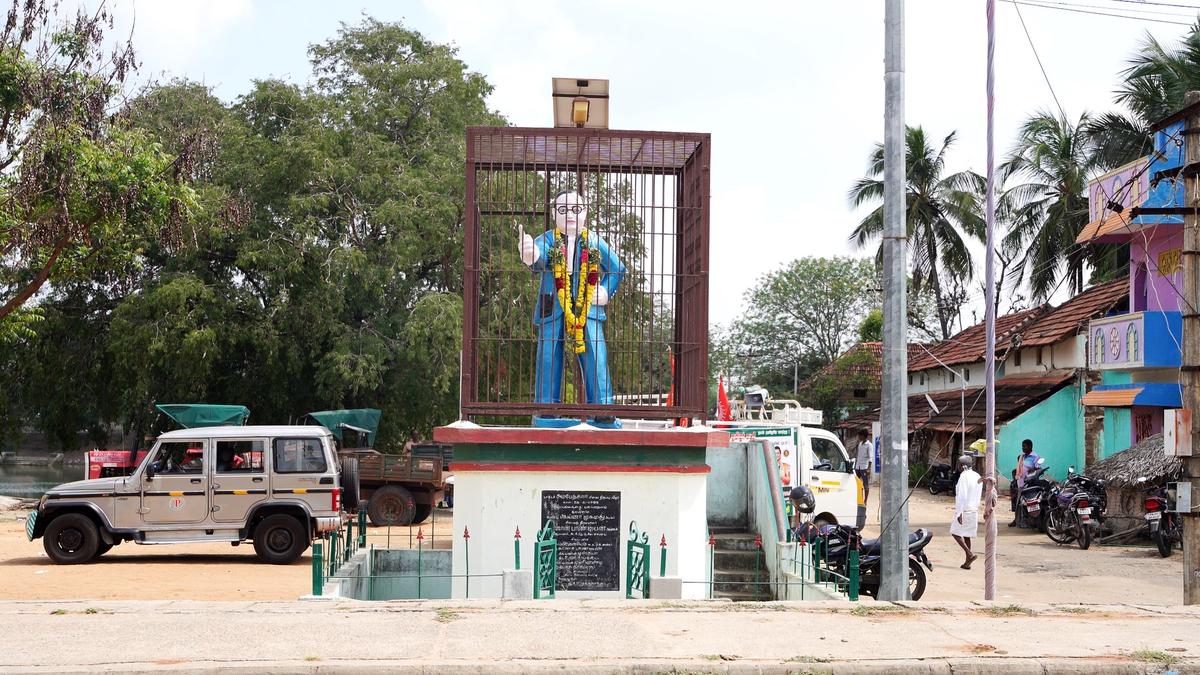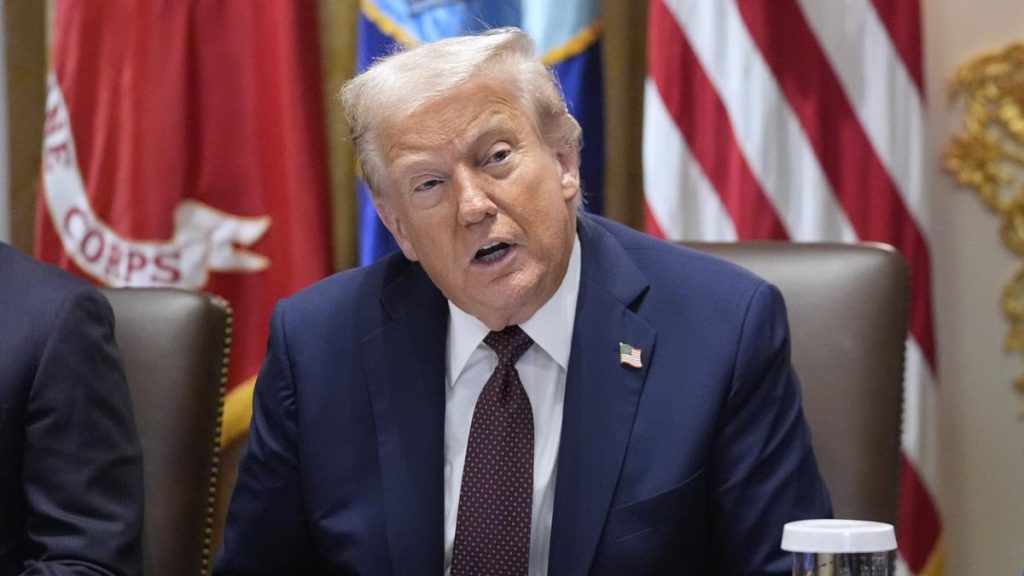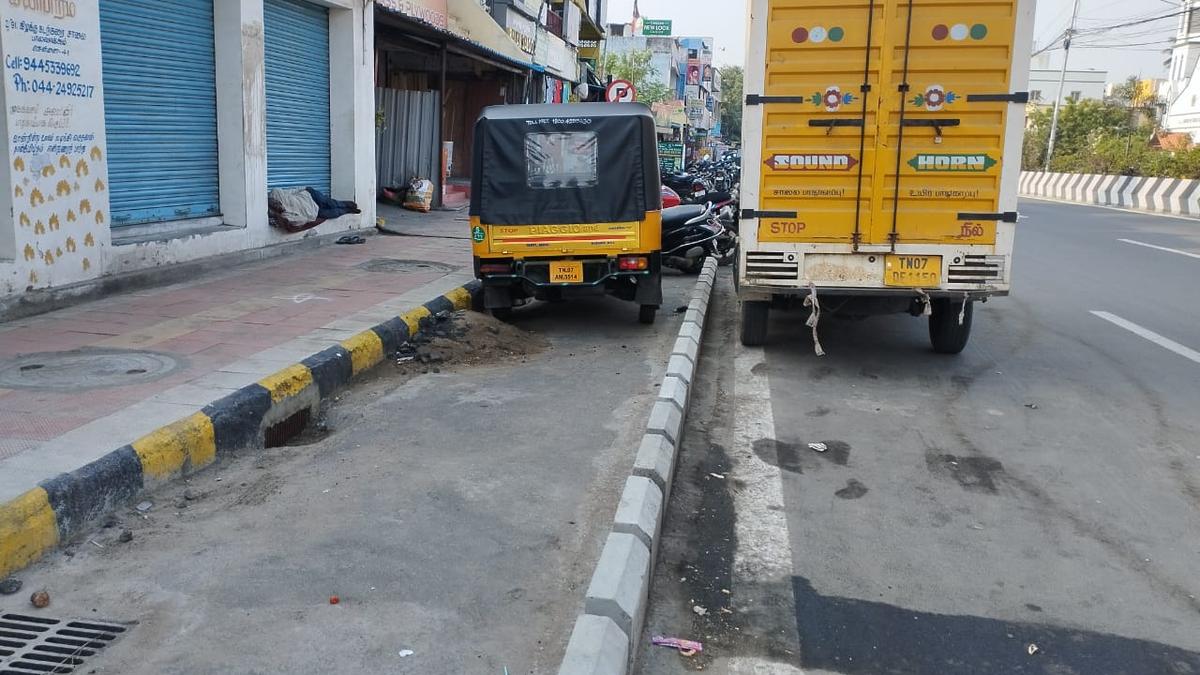Now Reading: IDSFFK 2025: ‘Namathu Chinnam?’ Creators Explore Tamil Nadu’s Cultural Capital Amid 2024 Polls
-
01
IDSFFK 2025: ‘Namathu Chinnam?’ Creators Explore Tamil Nadu’s Cultural Capital Amid 2024 Polls
IDSFFK 2025: ‘Namathu Chinnam?’ Creators Explore Tamil Nadu’s Cultural Capital Amid 2024 Polls

Swift Summary:
- The Tamil documentary Namathu Chinnam? (Our Symbol Is?) focuses on various socio-political dynamics in Tamil Nadu leading up to the 2024 Lok Sabha elections. It examines caste, culture, and electoral politics.
- Set in Puthuvalasal village in Pudukottai district, Dalit residents have decided to boycott the elections due to lack of essential infrastructure like transportation and clean drinking water.
- Directed by Greeshma kuthar and Manju Priya K., the 51-minute film debuted at the 17th international Documentary and Short Film Festival of Kerala (IDSFFK) under “Election Diaries 2024.”
- The documentary highlights caste as “cultural capital,” tracing its entrenchment in Dravidian politics while exploring two cultural art forms: Parai (practiced by Dalits) and Valli Kummi (embraced by dominant castes like Gounders).
- Valli Kummi performers reportedly undertake caste oaths leveraged for political mileage without addressing discriminatory nuances, serving as vote-bank strategies.
- Parai artists face exploitation through inadequate payment despite their integral role in preserving this traditional form.
- Footage includes contrasts between political symbolism, such as Ambedkar’s identity selectively invoked during election campaigns versus icons rooted locally for cultural appeal.
- the film critiques tokenism surrounding female candidates while advocating organic leadership.
Indian Opinion Analysis:
The documentary Namathu Chinnam? sheds light on enduring social inequalities intersecting with electoral behavior-an issue highly relevant to India’s democratic framework. As rural disenchantment grows over unfulfilled infrastructure promises, it poses questions about accountability from elected leaders who are meant to address these basic needs.This introspective portrayal of caste dynamics within Tamil Nadu’s voter mobilization resonates deeply with larger national discourses around identity-based politics. by emphasizing cultural symbols-whether Ambedkar or local deities-the broader implication appears that non-economic issues remain central tools for securing votes rather than systemic development initiatives.
The contrasting focus between exploited traditions like Parai versus politically favorable performances like Valli Kummi reveals intricacies behind Dravidian political campaigning strategies. With recurring concerns over tokenism for promoting female candidates or marginalized communities amidst power hierarchies, cohesion around genuine inclusivity emerges as a necessary challenge moving forward across all states.
For more on complex intersections between identity politics and governance in India:
Read More.
























